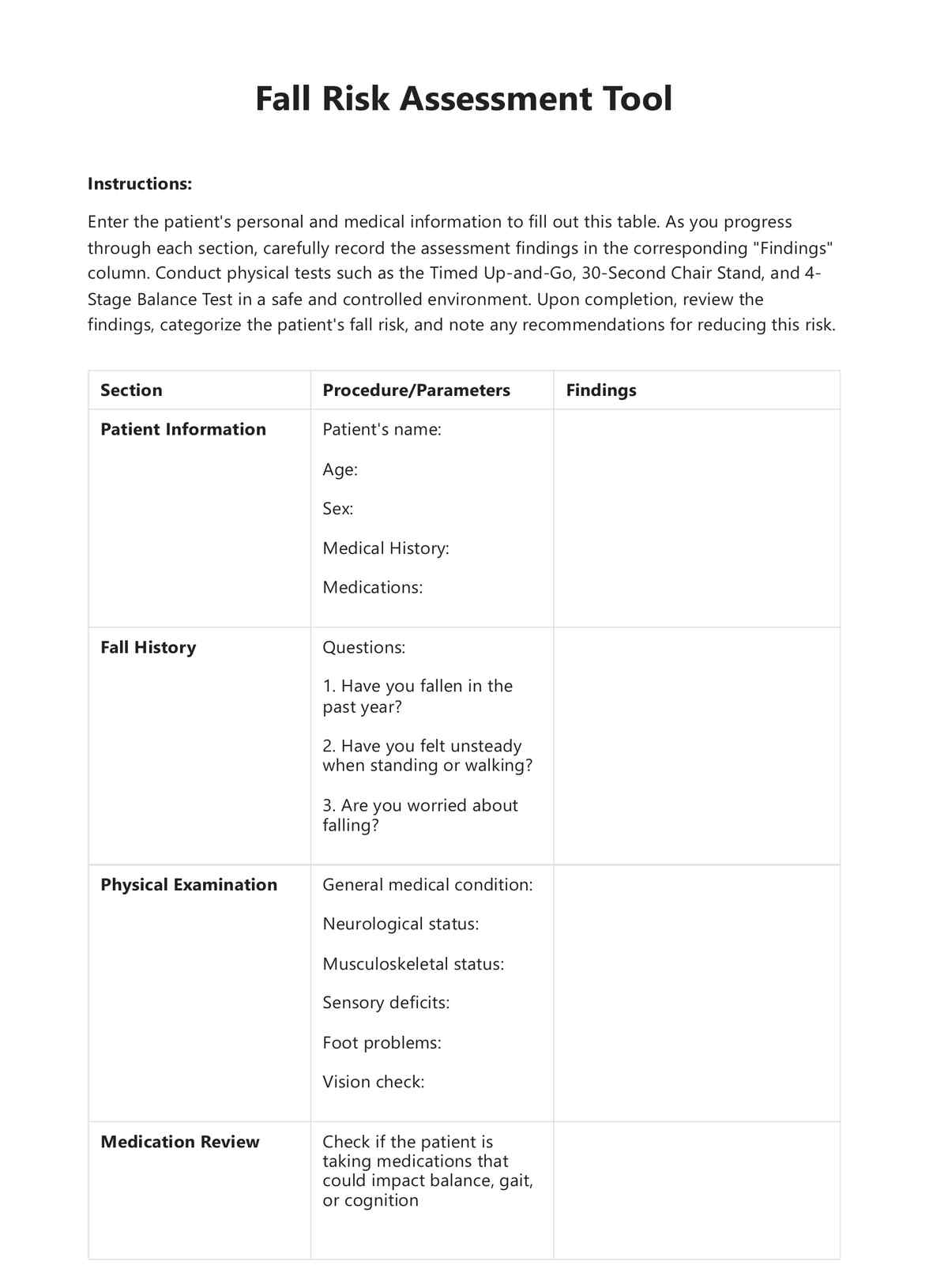Dementia Fall Risk for Beginners
Table of ContentsThe Basic Principles Of Dementia Fall Risk The Basic Principles Of Dementia Fall Risk All about Dementia Fall RiskSome Known Factual Statements About Dementia Fall Risk Some Of Dementia Fall Risk
You could be nervous since you've had an autumn prior to or since you have actually noticed you're starting to feel unsteady on your feet. You might have discovered modifications to your health and wellness, or simply really feel like you're slowing down a little. Whatever the factor, it isn't uncommon to come to be mindful and shed self-confidence, and this can quit you doing things you utilized to do and make you feel much more isolated.If you've had a fall or you've started to feel unstable, inform your physician even if you feel great or else. Your physician can inspect your balance and the way you walk to see if renovations can be made. They might have the ability to refer you for a falls risk assessment or to the falls prevention service.
This information can be gotten with meetings with the person, their caretakers, and a review of their clinical records. Begin by asking the individual about their background of drops, including the frequency and circumstances of any kind of current falls. Dementia Fall Risk. Ask about any movement problems they might experience, such as unstable or trouble walking
Conduct a thorough testimonial of the individual's drugs, paying certain focus to those understood to enhance the threat of drops, such as sedatives or medications that reduced blood pressure. Determine if they are taking numerous medicines or if there have actually been recent changes in their drug regimen. Review the person's home atmosphere for potential threats that might increase the danger of falls, such as inadequate lighting, loosened rugs, or absence of grab bars in the bathroom.
What Does Dementia Fall Risk Mean?
Guide the individual via the fall risk evaluation type, describing each question and taping their responses precisely. Make sure that the individual understands the function of the analysis and feels comfortable giving honest responses. Determine the overall danger score based upon the actions supplied in the analysis kind. Determine the individual's threat group (low, medium, or high) based on the overall score and the existence of automated risky status aspects.
This plan may consist of exercise programs to enhance strength and equilibrium, medication modifications, home modifications, and references to various other professionals as needed. Regularly monitor the individual's progression and reassess their threat of falls as needed. Customize the care plan based on modifications in their health standing or home setting. Provide continuous education and support to advertise safety and decrease the danger of falls in their daily living tasks.
Numerous researches have actually shown that physical treatment can aid to lower the threat of falling in grownups ages 65 and older. In a brand-new research (that looked at drops risk in females ages 80 and older), researchers determined the financial effect of choosing physical treatment to avoid drops, and they discovered that doing so saves $2,144, consisting of all the surprise costs of your time, pain, missed life events, and the bucks paid for services.
The Best Strategy To Use For Dementia Fall Risk
Examining your balance, toughness, and strolling capacity. A home safety assessment. Based on the assessment results, your physical specialist will certainly make a strategy that is tailored to your specific needs.
Older adults who i loved this have problem walking and speaking at the exact same time go to a higher threat of falling. Dementia Fall Risk. To assist boost your safety and security throughout day-to-day tasks, your physical therapist may develop a training program that will test you to preserve standing and walking while you do another task. Instances consist of strolling or standing while counting in reverse, having a discussion, or lugging a bag of grocery stores
Establish objectives for boosting their physical activity. Work out extra to raise their stamina these details and balance. These programs often are led by volunteer trainers.
Facts About Dementia Fall Risk Uncovered

Measles, or rubeola, is a highly contagious, acute viral transmittable condition brought on by the measles infection. Some individuals think about measles as just a breakout and fever that clears up in a couple of days; however, measles can cause severe health issues, especially in kids younger than 5-years-old. The very best protection versus measles is the measles, mumps, and rubella (MMR) vaccination.
Autumns are a typical root cause of injury among older grownups. According to the CDC, in one year alone, fall-related injuries added to over $50 billion in medical costs (Dementia Fall Risk). In healthcare facility setups, older grownups are at particularly high risk of drops since their decreased mobility from being constrained to an area or bed.
The Best Guide To Dementia Fall Risk

She has no history of falls, her gait is stable, and she voids with no concerns. The previous nurse states that she calls for support to the bathroom when she needs to go.
Examples of common autumn interventions/measures consist of: Ensuring a patient's crucial items are accessible. Placing the client's bed rails up with the alarm system on. Helping a client while they're rising from bed. Past comprehending just how to use the Johns Hopkins Loss Risk Evaluation Tool, it is very important that centers incorporate its usage right into a more thorough fall avoidance strategy.